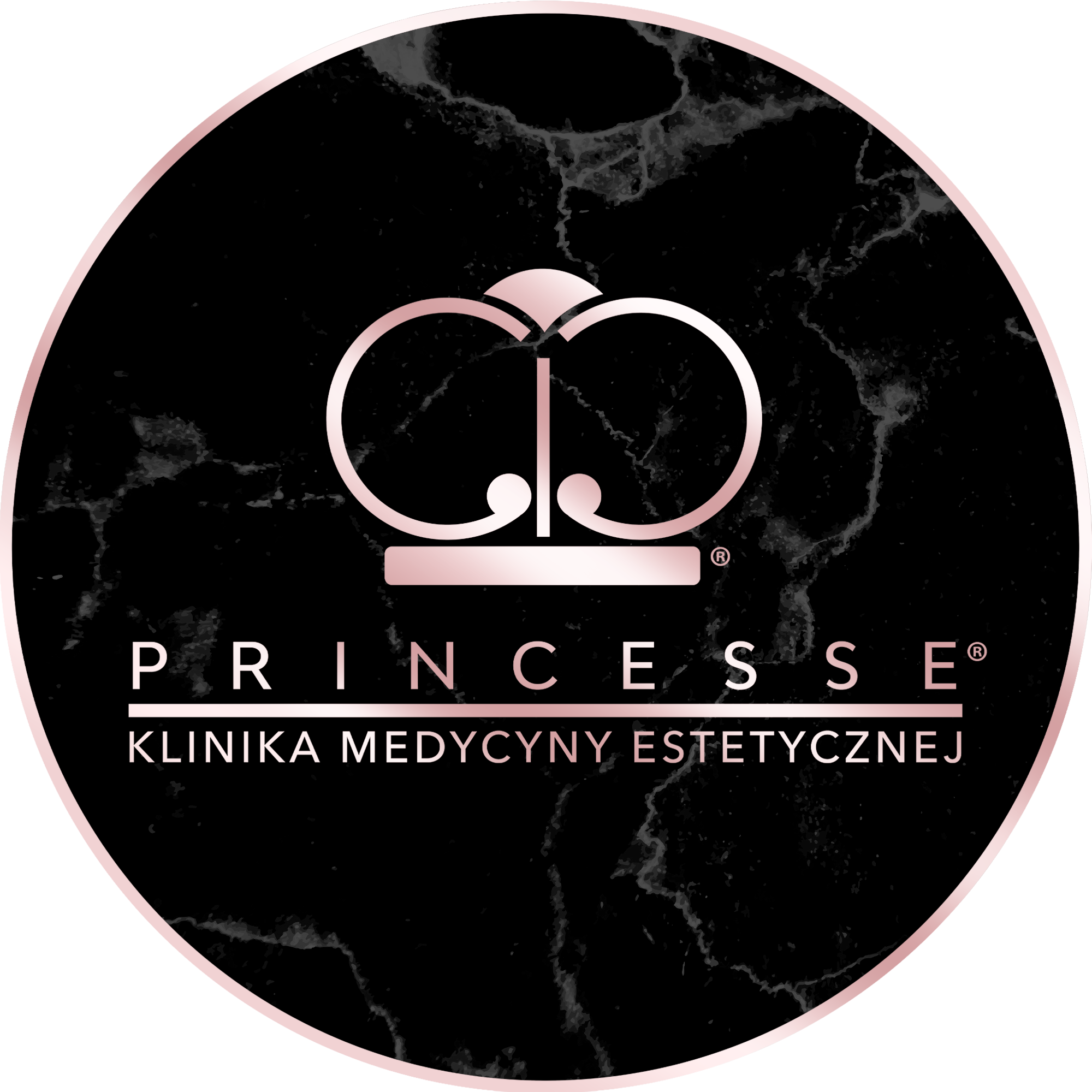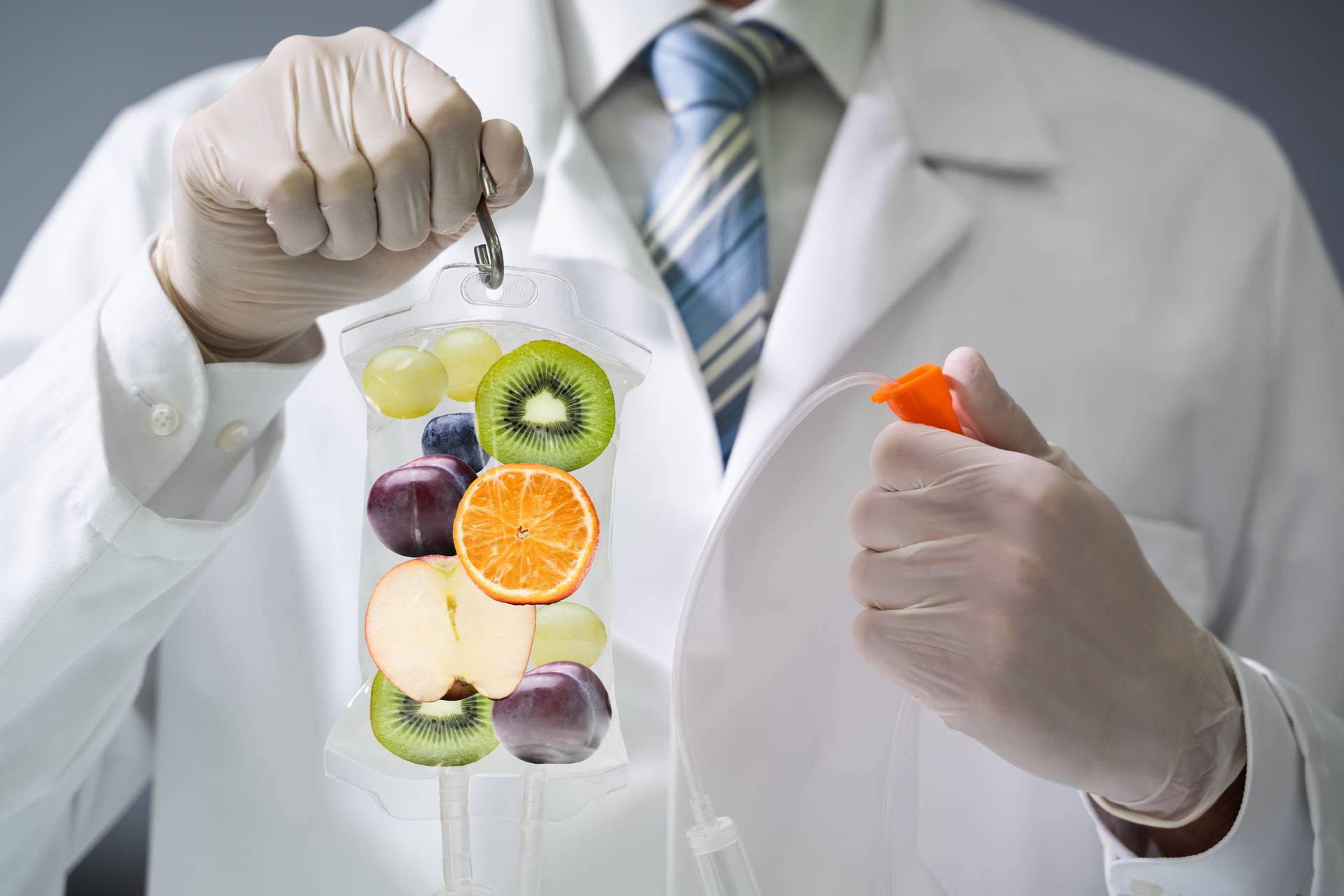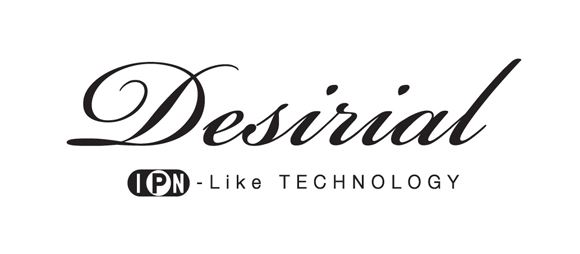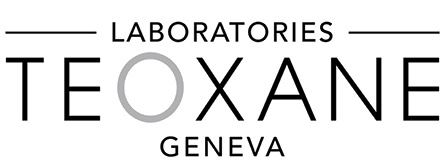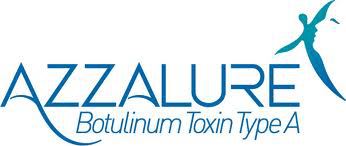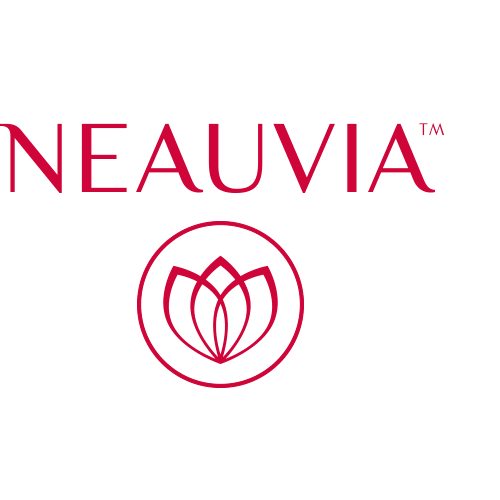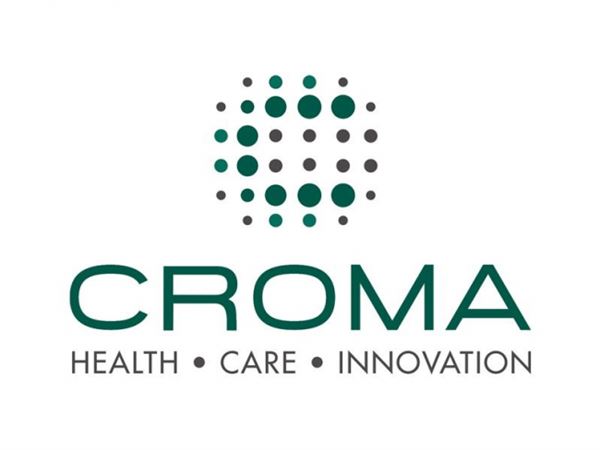Statistics clearly show that we more and more willingly reach for dietary supplements. Unfortunately, the vast majority of preparations available on the market have poor bioavailability. You should not be misled by the high doses of vitamins listed on supplement packages – your body will use only a fraction of that dose. Intravenous vitamin procedures eliminate such limitations characteristic of oral intake of vitamins as the use of poorly absorbed, synthetic and inorganic forms of vitamins, physiological barriers associated with incomplete digestion and absorption of compounds from the gastrointestinal tract, or use of a diet that limits the absorption of vitamins and minerals (e.g. phytates, large amounts of coffee and tea, fibre).
We will also omit supplements containing synthetic additives (flavors, dyes, preservatives), which limit the assimilability of active compounds.
If we compare low effectiveness of oral supplementation with the fact that today most of us have an increased need for vitamins and minerals, it becomes obvious that we are at risk of vitamin deficiencies. However, an effective method of preventing deficiencies and comprehensively strengthening the entire body is available – in the form of vitamin drips.
Vitamin drips are an increasingly popular method of administering vitamin B12, which is so important for vegans, or other vitamins, minerals or alpha lipoic acid (Thiogamma) to support the nervous system. Effectiveness of this method results from total bypassing of the digestive system, influence of digestive enzymes, and malabsorption accompanying many disease states. Therefore, the target cells receive such a dose of vitamins that was administered directly into the bloodstream. 100% absorption of vitamins administered intravenously versus a few to several percent when administered orally.
Vitamin drips can be used both temporarily and prophylactically. The procedure can be repeated – depending on the type of drip, the infusions can be performed even 1-2 times a week.
